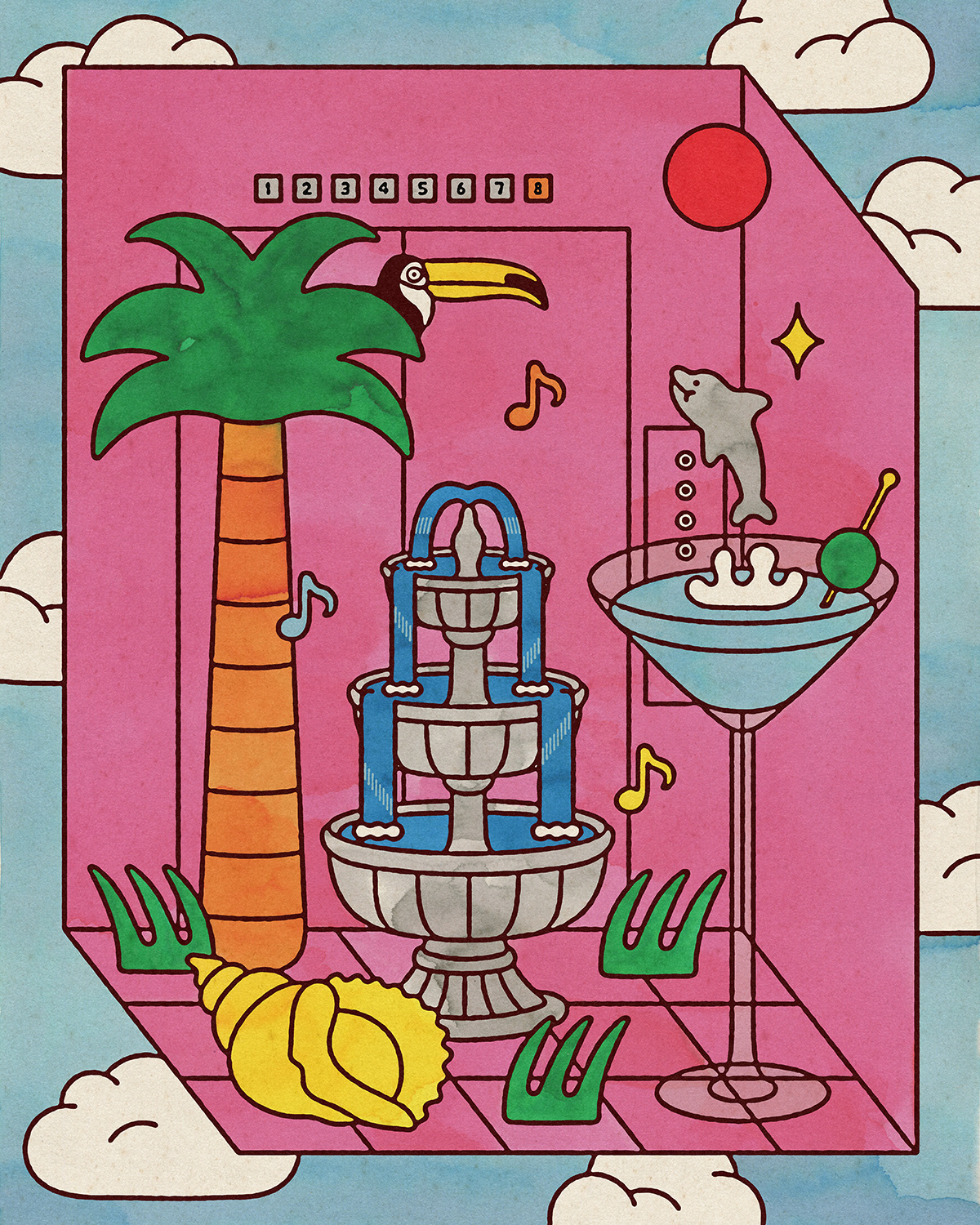Goodwin’s archive encompasses his public service as a clerk for Supreme Court Justice Felix Frankfurter, his work as a House subcommittee investigator into the rigged television game show “Twenty-One” (a story adapted into the 1994 film “Quiz Show”), as well as notes and memos that show how he helped shape national and international policies during the Kennedy and Johnson administrations. His archive illuminates critical issues in 1960s U.S. history, including Kennedy’s New Frontier, Johnson’s Great Society, the Civil Rights movement, the War on Poverty, the Vietnam War and the antiwar movement.
From a historian’s perspective, Goodwin’s speech drafts from 1960 to 1968 are a revelation. His command of history and literature became the cornerstone of John F. Kennedy’s 1960 campaign speeches. It was Goodwin who invented the phrase Alliance for Progress to describe John F. Kennedy’s Latin American policy. One draft of a long-forgotten speech in Alaska ended with Goodwin’s line: “It is not what I promise I will do, it is what I ask you to join me in doing.” Years later, material included in the collection shows, Jacqueline Kennedy wrote Goodwin to say that it was this wordplay that her husband recycled in his famous “Ask Not” inaugural address.
The documents reveal what a wide berth John F. Kennedy gave Goodwin. When the president noticed that there wasn’t a single Black recruit in the U.S. Coast Guard contingent during his inaugural parade, he tasked Goodwin with investigating. The resulting memorandum, included in the collection, led to the racial integration of the Coast Guard in 1962.
After Goodwin secretly met in Uruguay with Ernesto “Che” Guevara, Fidel Castro’s closest confidant, he drafted a long psychological profile of the Marxist revolutionary for the president. “Behind the beard,” it begins, “his features are quite soft, almost feminine, and his manner is intense.” Among Goodwin’s memorabilia acquired by the University of Texas is a wooden cigar box from Guevara.
Goodwin’s diaries of John F. Kennedy’s assassination brim with ticktock detail about the Dallas murder. He was among a small group in the White House when the president’s body arrived from Texas. His diary grapples with whether the coffin should be open or closed, the search of historical information about President Lincoln lying in state in the East Room, and where the 35th president should be buried. Working directly with Jacqueline Kennedy, Goodwin helped to bring to the grave site an eternal flame modeled after the Tomb of the Unknown Soldier in Paris.
In January 1964, Goodwin traveled with the Peace Corps in East Africa, Iran, and Afghanistan; he kept extensive notes. Then, in March, he was called to recast a speech on poverty for Johnson. Five drafts, all part of the collection, evolved into the Special Message to Congress on March 19, in which the phrase “War on Poverty” struck a responsive chord. Goodwin now had a hot hand, and Johnson sought to bring him to the White House as his domestic affairs speechwriter.
Goodwin consulted with his friend Robert F. Kennedy about whether he should take the job and the attorney general offered his advice in a letter, now at the Briscoe Center. “From a selfish point of view — you can think selfishly once in a while — I wish you wouldn’t, but I guess you have to,” Robert F. Kennedy said to Goodwin. Although anything that makes Johnson “look bad, makes Jack look better, I suppose. But I guess you should do it. If you do, you have to do the best job you can, and loyally, there’s no other way.”


















.png)


Discussion about this post